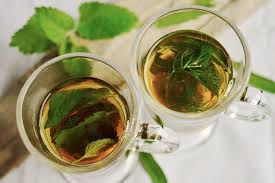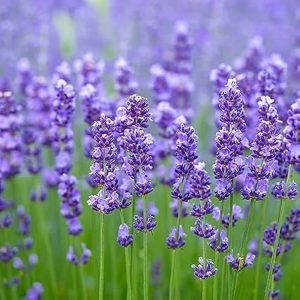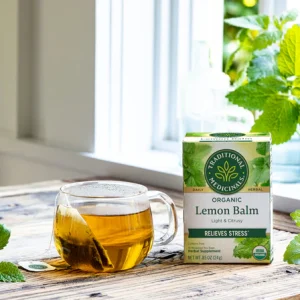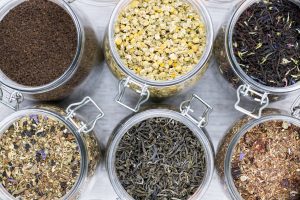
Herbal tea preparation tips. You may make tasty and nutritious tisanes that support wellness and improve your general well-being by choosing premium herbs, using the right brewing methods, and experimenting with flavors and combinations. Tisanes, another name for herbal teas, are a tasty way to take advantage of the medicinal properties of different plants and herbs. So why not start exploring flavors and wellness by making a cup of herbal delight today?
HERBAL TEA PREPARATION TIPS
There is a herbal infusion to fit every taste and goal, whether you’re looking for immune system stimulation, digestive support, or relaxation. In this article, we’ll explore the art of preparing herbal tisanes, from selecting the right ingredients to brewing the perfect cup, and discuss the diverse flavors and health benefits they offer.

HERBAL TEA PREPARATION TIPS
The first step in preparing a herbal tisane is selecting the herbs and botanicals that best suit your needs and preferences. Whether you’re harvesting herbs from your garden, purchasing them dried from a store, or foraging in the wild, it’s essential to choose high-quality, organic herbs free from pesticides or contaminants.
2. Common Herbal Ingredients:
There is a vast array of herbs and botanicals that can be used to create herbal tisanes, each with its unique flavor profile and health benefits. Some popular options include:
– Chamomile:

HERBAL TEA PREPARATION TIPS
Known for its calming and soothing properties, chamomile is a popular choice for promoting relaxation and supporting sleep.
– Peppermint:
Refreshing and invigorating, peppermint is prized for its ability to aid digestion, relieve nausea, and soothe headaches.
– Lavender:

HERBAL TEA PREPARATION TIPS
With its delicate floral aroma, lavender is often used to promote relaxation, reduce stress and anxiety, and support restful sleep.
– Ginger:
Spicy and warming, ginger is renowned for its digestive benefits, helping to alleviate nausea, indigestion, and bloating.
– Lemon Balm:

HERBAL TEA PREPARATION TIPS
Citrusy and uplifting, lemon balm is prized for its calming effects on the nervous system and its ability to improve mood and cognitive function.
Preparing Your Herbal Tisane:
Once you’ve chosen your herbs, it’s time to prepare your herbal tisane. Here’s a simple method for brewing the perfect cup:
1. Boil fresh, filtered water in a kettle or pot. Different herbs may require different water temperatures, so be sure to consult the recommended brewing instructions for each herb.
2. Place your chosen herbs in a teapot, infuser, or directly into a mug.
3. Pour the hot water over the herbs, covering them completely.
4. Allow the herbs to steep for the recommended amount of time, typically 5-10 minutes, depending on the herbs and desired strength.
5. Strain the herbs from the liquid and discard them.
6. Sweeten your herbal tisane with honey, maple syrup, or stevia if desired, and enjoy!
Tips for Enjoying Herbal Tisanes:

HERBAL TEA PREPARATION TIPS
– Experiment with different combinations of herbs to create unique flavor profiles and therapeutic blends.
– Adjust the strength of your tisane by varying the amount of herbs used and the steeping time.
– Enjoy your herbal tisane hot or cold, depending on your preference and the weather.
– Incorporate herbal tisanes into your daily self-care routine for a nourishing and comforting experience.
Summary
Preparing herbal tisanes is a simple and enjoyable way to harness the healing power of plants and herbs. Whether you’re seeking relaxation, digestive support, or a natural energy boost, there’s a herbal infusion to suit your needs and preferences.